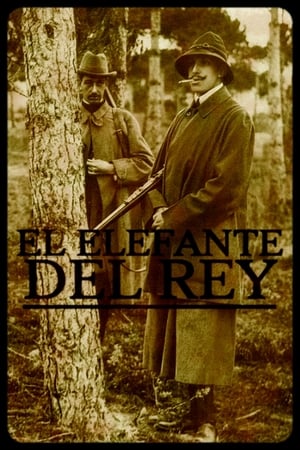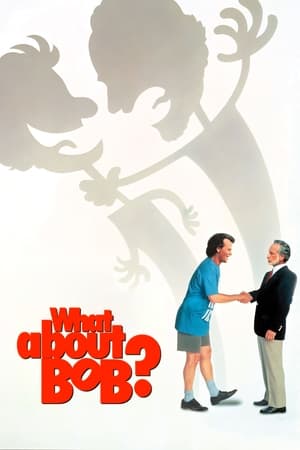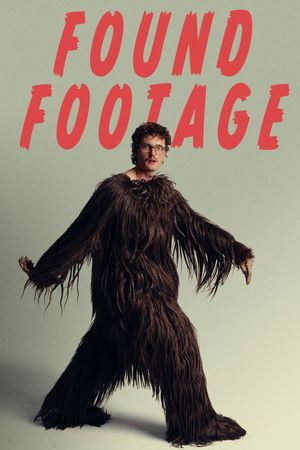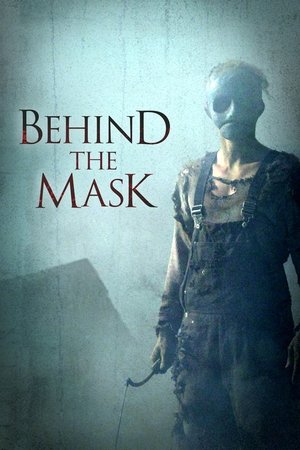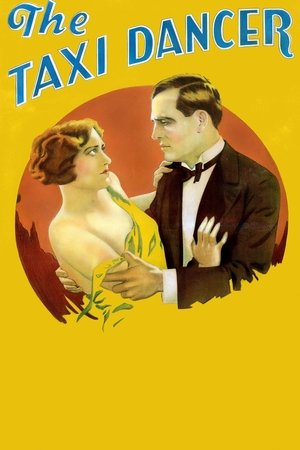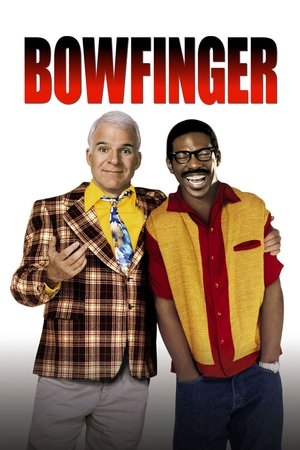Overview
Fictional documentary about the life of human chameleon Leonard Zelig, a man who becomes a celebrity in the 1920s due to his ability to look and act like whoever is around him. Clever editing places Zelig in real newsreel footage of Woodrow Wilson, Babe Ruth, and others.
Reviews
A charming mockumentary about a fictional 1920s personality filmed as if cobbled together from old black-and-white footage.
Leonard Zelig is a "human chameleon," but Zelig the film doesn't stop at mimicry. Indeed, this fictional documentary written, directed, and starring Woody Allen differentiates between imitation and parody the same way Hitchcock differentiated between action and suspense.
For example, the protagonist's parents used to punish him by locking him in a dark closet. If that were it, the film would simply be copying an aspect of Ingmar Bergman's childhood; Allen's genius lies in adding that when Zelig's parents are really mad, they "get into the closet with him."
Zelig's targets go beyond the filmmaker's family, and include the press (“in those days, you'd do anything to sell papers. To get a story, you'd jazz it up, exaggerate, even maybe play with the truth a little bit. But here was a story. It was a natural. You just told the truth and it sold papers. It never happened before"), politicians ("He was selling the same piece of property to a lot of the same people, and... Matter of fact, a congressman from Delaware bought it twice"), psychologists (“I worked with Freud in Vienna. Yes, we broke over the concept of penis envy. Freud felt that it should be limited to women”), and philosophers (“His performance endears him as well to many leading French intellectuals, who see in him a symbol for everything” ).
Set in the 1920s and 1930s, the film revolves around Leonard Zelig (Allen), an indistinct man who has the ability to alter his appearance and behavior to fit those of the people around him; e.g., “When two Frenchmen enter, Zelig assumes their characteristics and speaks reasonable French. In the company of a Chinese person, he begins to develop oriental traits;” etc etc.
This desire and ability to blend in ironically makes him an outcast; “Zelig's very existence is a non-existence. Devoid of personality, his human qualities long since lost in the confusion of life, he sits alone, silently staring into space, a figure, a non-person... The one who only wanted to fit in, to belong, to go unnoticed by his enemies and being loved, neither fits nor belongs, is supervised by enemies, and remains abandoned”. His protean nature also gives him access to a number of famous people and historical events. In this sense, Zelig is ahead of Forrest Gump, not only in that it precedes it, but also in that it surpasses it.
Zelig is disruptive in more ways than one; while Forrest finally fades into the background as a new, Zelig anarchically places his protagonist, much to his own dismay, front and center of the action; in the Vatican he creates commotion by interrupting a ritual that had not been celebrated in “63 years” (while “His Holiness Pope Pius XI tries to swat the intruder with a sacred decree”), and in Germany the greatest irony of all: his "desired immersion in the mass and anonymity" lead the Jew Zelig to join the Sturmabteilung — the original paramilitary wing of the Nazi Party — ruining Hitler’s speech at a Nazi rally ("We couldn't believe our eyes. Hitler's speech was ruined. He wanted to make a good joke about Poland, but just then, Zelig interfered and Hitler was extremely upset").
I suppose nowadays we would call this a “mockumentary” about a chap who can be all things to all men except, perhaps, himself. It’s told using interviews, news reports and other actuality to regale us with the life and times of this man who somehow managed to infiltrate just about every scenario, strata of society and political grouping whilst altering his appearance to attain a consistent prominence even though his reasons for being where he was/is/would be were never quite clear to observers. Finally identified, he attracts the attention of psychiatrist “Dr. Fletcher” (Mia Farrow) who attempts to discover a little more about what drove this man. Is he an attention seeker or exactly the opposite? Does he need to stand out or simply want to conform? Either way, what he actually wanted had little to do with what he got as the publicity took his life by the scruff of the neck and embroiled him in a series of legal, ethical and practical issues. I wasn’t really bothered about the rather far-fetchedness of the plot nor of his fairly predictably evolving relationship with his shrink, but as a critique on documentary making and archive research, it’s an effective tool that also pays homage to the style of the silent film whilst showcasing the fickleness of public opinion and loyalty as well as demonstrating the hypocrisy of the media. It’s a bit long and once the direction of travel has been established then I found my interest was way more it’s delivery than it’s content. Worth a watch, though.
I suppose nowadays we would call this a “mockumentary” about a chap who can be all things to all men except, perhaps, himself. It’s told using interviews, news reports and other actuality to regale us with the life and times of this man who somehow managed to infiltrate just about every scenario, strata of society and political grouping whilst altering his appearance to attain a consistent prominence even though his reasons for being where he was/is/would be were never quite clear to observers. Finally identified, he attracts the attention of psychiatrist “Dr. Fletcher” (Mia Farrow) who attempts to discover a little more about what drove this man. Is he an attention seeker or exactly the opposite? Does he need to stand out or simply want to conform? Either way, what he actually wanted had little to do with what he got as the publicity took his life by the scruff of the neck and embroiled him in a series of legal, ethical and practical issues. I wasn’t really bothered about the rather far-fetchedness of the plot nor of his fairly predictably evolving relationship with his shrink, but as a critique on documentary making and archive research, it’s an effective tool that also pays homage to the style of the silent film whilst showcasing the fickleness of public opinion and loyalty as well as demonstrating the hypocrisy of the media. It’s a bit long and once the direction of travel has been established then I found my interest was way more it’s delivery than it’s content. Worth a watch, though.

 79 min
79 min
 7.4
7.4
 1983
1983
 USA
USA
 ltcomdata wrote:
ltcomdata wrote:


